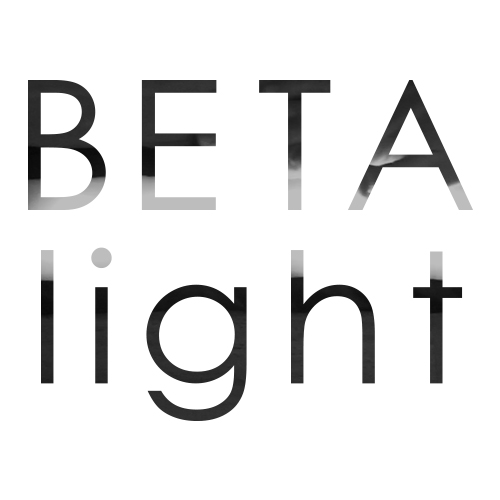
BETAlight – wearable light space – WEARSUSTAIN
BETAlight is a flexible light source that can be worn on the body and allows the user to adjust its shape, orientation, brightness and light temperature according to his or her needs.
BETAlight is not only a wearable light source. It is a concept that allows the user to use light as a material to create personal illuminated spaces and individual room situations by placing it somewhere in the room or by wearing it on the body. Implemented sensors are used to turn the light on and off, to control the brightness and adjust the light temperature to switch between the different light scenarios. The fully textile circuit makes the light source completely flexible, thin and lightweight. The shell is designed of a textile monomaterial, to allow easy recycling.
The project combines the best available materials and methods after testing and considering different production and recycling methods.
BETAlight is considered to be a product in several possible markets such as personal consumer market as well as in elderly care and health.
BETAlight is not only a wearable light source. It is a concept that allows the user to use light as a material to create personal illuminated spaces and individual room situations by placing it somewhere in the room or by wearing it on the body. Implemented sensors are used to turn the light on and off, to control the brightness and adjust the light temperature to switch between the different light scenarios. The fully textile circuit makes the light source completely flexible, thin and lightweight. The shell is designed of a textile monomaterial, to allow easy recycling.
The project combines the best available materials and methods after testing and considering different production and recycling methods.
BETAlight is considered to be a product in several possible markets such as personal consumer market as well as in elderly care and health.
This project has received funding from the European Union’s Horizon 2020 research and innovation programme under grant agreement No 732098
In collaboration with Axel Sylvester and Tanja Döring


